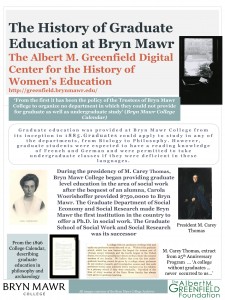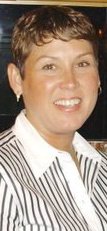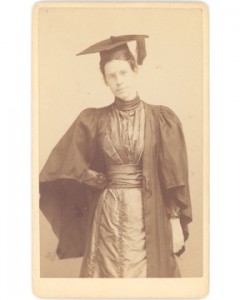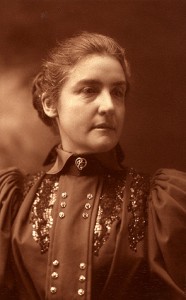As you might have seen from notices and emails, the annual Graduate Student Appreciation Week is coming up from April 16th – 20th. This is run jointly by the Graduate School of Arts and Sciences, the Graduate School of Social Work and Social Research and the Graduate Student Association and I have been working with them for this exciting event. Graduates, their areas of study and their post-Bryn Mawr lives are a focus of the research we are conducting at The Albert M. Greenfield Digital Center and we are delighted to be involved. Check out our poster at the display on Wednesday April 18th at the Thomas Great Hall Graduate Research Symposium.
Bryn Mawr College’s graduate schools was one of the earliest to accept women fully into programs for masters and doctoral level education and represented a significant achievement for women in pursuing academic careers. If you haven’t yet seen the program of events, here’s what’s involved:
Monday, April 16th, 6:00pm – Thomas 110
Keynote Address by former President Pat McPherson: “A college without graduate students never occurred to us.” –M. Carey Thomas
Opening Remarks by Dean Osirim (GSAS) and Dean Bailey (GSSWSR)
Closing Remarks by Provost Cassidy
7:30pm – Thomas Great Hall: Reception following the Keynote Address
Tuesday, April 17th. 6:00pm – GSSWSR Gym
Graduate Student (GSAS/GSSWSR) and Faculty Happy Hour: A time to relax and celebrate the connection between students and faculty
Wednesday, April 18th, 5:30pm – Thomas Great Hall
Graduate Student Research Symposium: Presenters will display posters/answer questions throughout the hall; light refreshments will be served
6:00pm – Thomas Great Hall: Prof. James Wright (Archaeology Dept.) will present a talk on Graduate Education through the Years
7:30pm – Thomas Great hall: Graduate Student Research Symposium Awards Ceremony: GSAS and GSSWSR students will present Faculty Appreciation Awards; A Poster Award will be given
Thursday, April 19th:
12noon – London Room, Thomas: TA Luncheon with Dean Osirim
4:00pm – Quita Woodward Room, Thomas: Reception with Graduate School Deans, Past and Present
4:30pm – Carpenter 21: Panel discussion with Graduate School Deans, Past and Present: Past and Present Deans from the GSAS and GSSWSR will discuss the role of graduate education at Bryn Mawr and share their personal experiences in the position of dean
Friday, April 20th: 5:00pm – Ely Room, Wyndham
Networking Reception with Current Graduate Students (GSAS/GSSWSR) and Alumnae/i
Sponsored in part by the Career Development Office, this final event will allow current graduate students to connect with alumnae/i while celebrating graduate education
If you have any questions it is best to contact Lindsey Dever (ldever@brynmawr.edu) or Stella Diakou (sdiakou@brynmawr.edu) directly.
I look forward to seeing you there!





